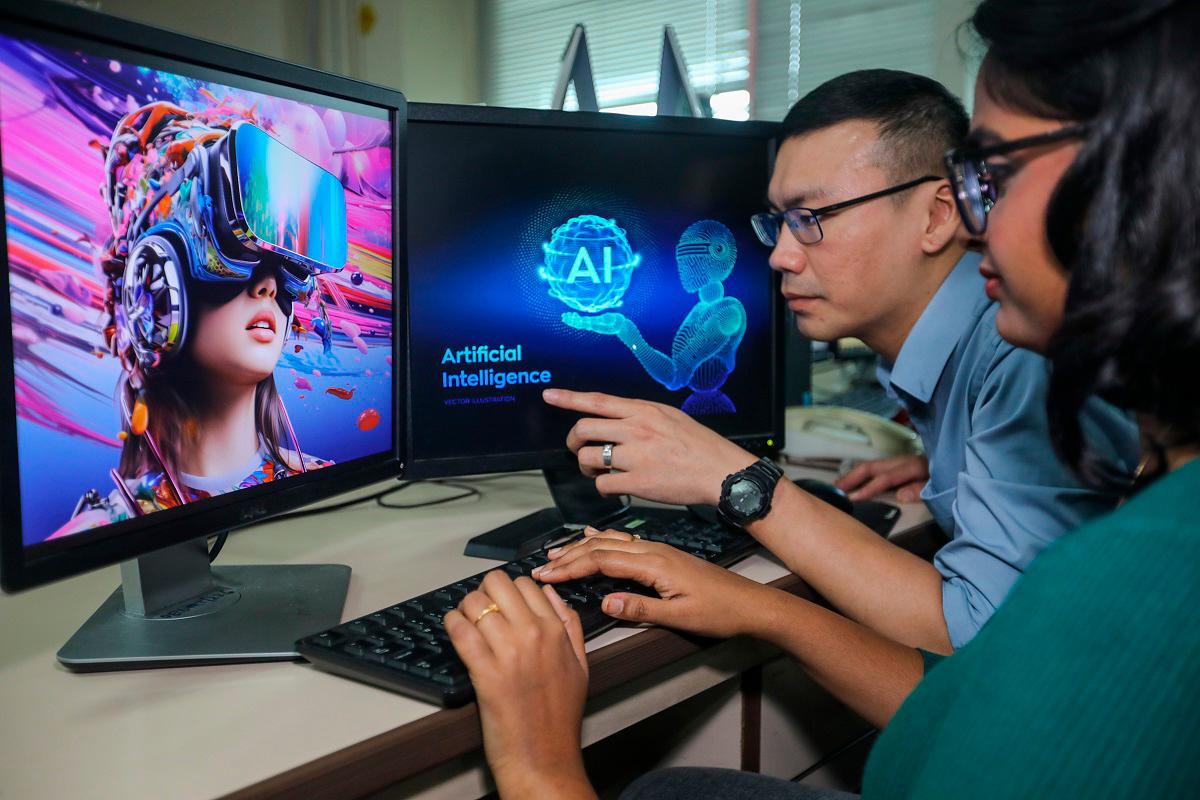KUALA LUMPUR: Malaysia’s ambitious plan to expand 5G coverage and accelerate artificial intelligence (AI) adoption has drawn cautious praise from experts who say the country is on the right track but only if gaps in infrastructure, talent and governance are urgently addressed.
“In the next five years, we’ll see rapid advancements in technologies like digital twin systems, predictive maintenance and additive manufacturing – all of which rely on fast, stable connectivity,” said Universiti Teknologi Mara (UiTM) AI manufacturing expert Dr Yupiter HP Manurung.
“These are long-term investments that can boost national resilience, but only if matched with strong local capabilities.”
The National Tech Association of Malaysia (Pikom) also welcomed the focus on digital transformation in the 13MP.
“Pikom applauds the government’s commitment to building a future-ready digital ecosystem that accelerates adoption of AI and 5G, empowering businesses and communities alike,” said its chairman Alex Liew.
“However, visionary planning alone is not enough – successful execution and robust monitoring are critical.”
Liew emphasised the need to bridge infrastructure gaps and digital literacy disparities to ensure broad-based inclusion.
“Inclusivity must remain a core principle – guaranteeing equitable benefits across all demographics.”
He also urged the government to approach GovTech not as a siloed effort, but as a collaborative process.
“To realise Malaysia’s ambition as a leading AI-driven nation, GovTech must involve the quadruple helix collaboration (a concept of interaction between major segments of the society) in which the government, industry, academia and civil society are co-creators of public digital services.”
He called for structured public-private working groups, open innovation models and agile policy frameworks to strengthen areas such as service interoperability and procurement reform.
The digital reforms are aimed at expanding 5G coverage to 98% of residential, industrial and rural areas.
Prime Minister Datuk Seri Anwar Ibrahim told Parliament that the initiative is part of a broader effort to build a strong digital backbone that enables inclusive participation in the AI-driven economy.
“This isn’t just about infrastructure – it’s about ensuring that every Malaysian, wherever they are, can take part in the digital future.”









